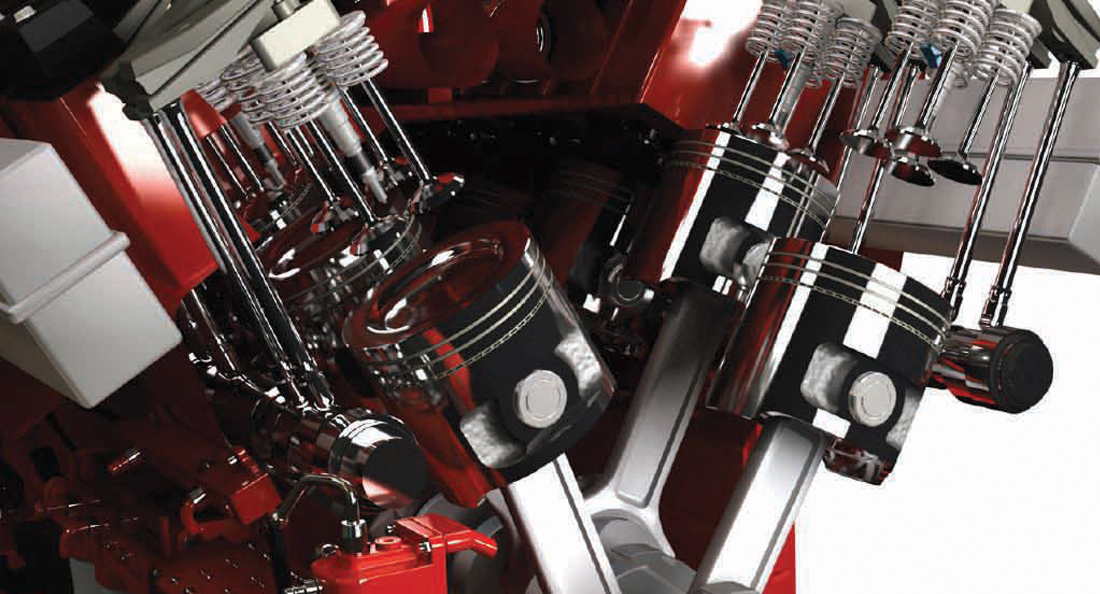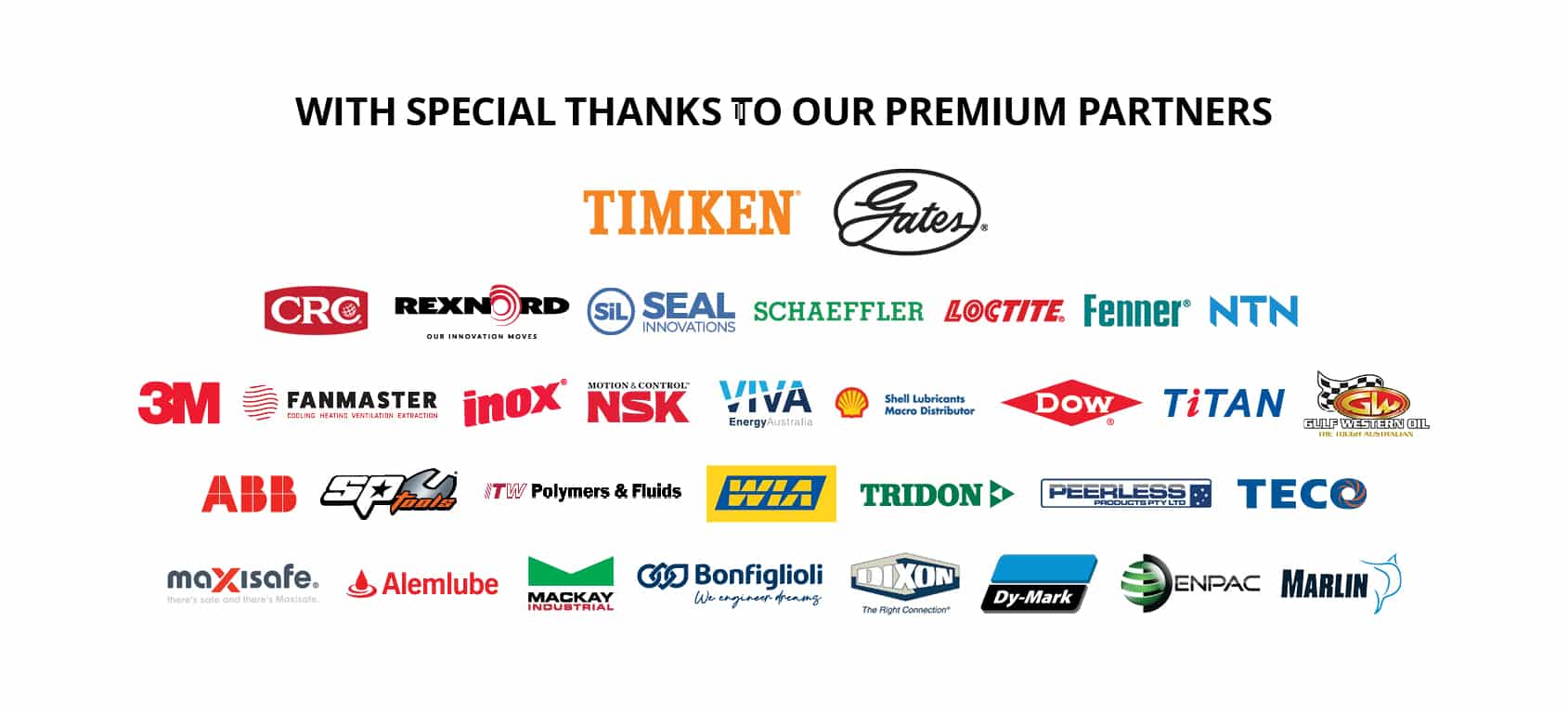
14 Apr Improving the life of mining machinery with regular oil analysis
When it comes to lubrication of equipment on a mining or quarrying site, the extra dollar spent on using premium products is more than compensated by the improved machine life and efficiency.
As CBC’s National Product Manager for Lubricants, Steve Keown explains, choosing the right lubricant provides both short-term and long-term benefits to the equipment owners.
“If you have a large excavator or piece of critical mobile equipment on your site and an unexpected failure occurs, it can cost you a significant amount in lost revenue from lost production and unplanned maintenance expenses. Using a premium lubricant can help extend your oil drain intervals and give you more uptime with your machines,” says Keown.
CBC is a national distributor of Shell Lubricants and supports the lubrication needs of mining and quarrying customers in partnership with Viva Energy – Shell’s exclusive licensee in Australia.
“As a major supplier to mining and quarrying companies across Australia, we always recommend using lubricants that have attained the required certifications from the original equipment manufacturers (OEMs). Shell has a large range of products that meet the approval requirements of OEMs in the mining sector,” says Keown.
The Shell Rimula family of diesel engine oils has been a trusted name in Australia for decades, serving a range of industries from transport and agriculture to mining and quarrying. Several Shell Rimula products may help improve fuel economy while curbing harmful emissions into the atmosphere.
Importantly for the mining and quarrying sector, the Shell Rimula family offers lubricants that are specifically designed to boost equipment efficiencies in harsh working environments on mining sites.
Shell Rimula R3 MV 15W-40 and Shell Rimula R4 MV 15W-40 are two such products that have been designed to withstand the high temperatures and tough working conditions of mining environments. Both products have been put through extensive trials in Australia and internationally by Shell and demonstrated their advantages.
Paul Smallacombe, Viva Energy Product Support Engineering Team Lead, says one of the best ways to assess the oil’s performance and get an estimation of the engine’s remaining life is through oil analysis.
“Oil analysis for the engine is like a blood test for humans. We take oil samples from the engine and we analyse the sample, which enables us to detect the amount of wear metals in the engine. Lead wear can be one good indicator of the health of the engine’s bearings for example, as traditionally this has been a common bearing material.”
“Shell and Viva Energy have done a lot of trials, particularly in the mining sector, that have demonstrated significantly reduced lead-wear from using Shell Rimula R4 MV 15W-40 compared to lower tier formulations or products,” he explains.
As a demonstration, Smallacombe says Shell Rimula R4 MV 15W-40 was put through a corrosion control test in the Cummins high-temperature corrosion bench test. The test is run at 135ºC for 168 hours. In the test, Shell Rimula R4 MV 15W-40 displayed up to 97% less lead corrosion than the API CK-4 limit – the American Petroleum Institute (API) standard, defining whether an oil meets performance requirements for the latest generation, emissions-compliant engines.
Oil sludge can be a serious problem with badly maintained engines, as it develops inside the engine when oil begins to break down and collects in and around critical engine components and in oil galleries throughout the engine. Shell Rimula R3 MV 15W-40 has demonstrated excellent sludge and deposit control.
As a general good practice, Smallacombe says equipment owners and maintenance managers should carry out regular oil sampling and analysis to ensure their machines are well maintained. Shell customers can contact any of CBC’s national branches to seek technical help.
Shell’s LubeAnalyst service is a lubricant health check available to customers who want their oil samples tested to monitor equipment and lubricant health. It can help keep businesses running smoothly by identifying potential oil or equipment failures before they become critical.
Smallacombe also cautions customers to always check the labelling of their diesel engine oils with care. “Some lubricant manufacturers, particularly if they are not from a reputable company, may have products that are marketed as ‘suitable for use’ with certain engines or equipment. What this actually means is that they haven’t received the required approval from the OEMs manufacturing those machines or engines.
“This can cause an issue for the customer when it comes to warranty claims. For example, if a Cummins engine runs into trouble, one of the first things they’ll ask the customer making the claim is what lubricant they were using and whether it carries a Cummins approval. If the product doesn’t have that approval, the OEM would likely not cover that warranty claim,” says Smallacombe.

